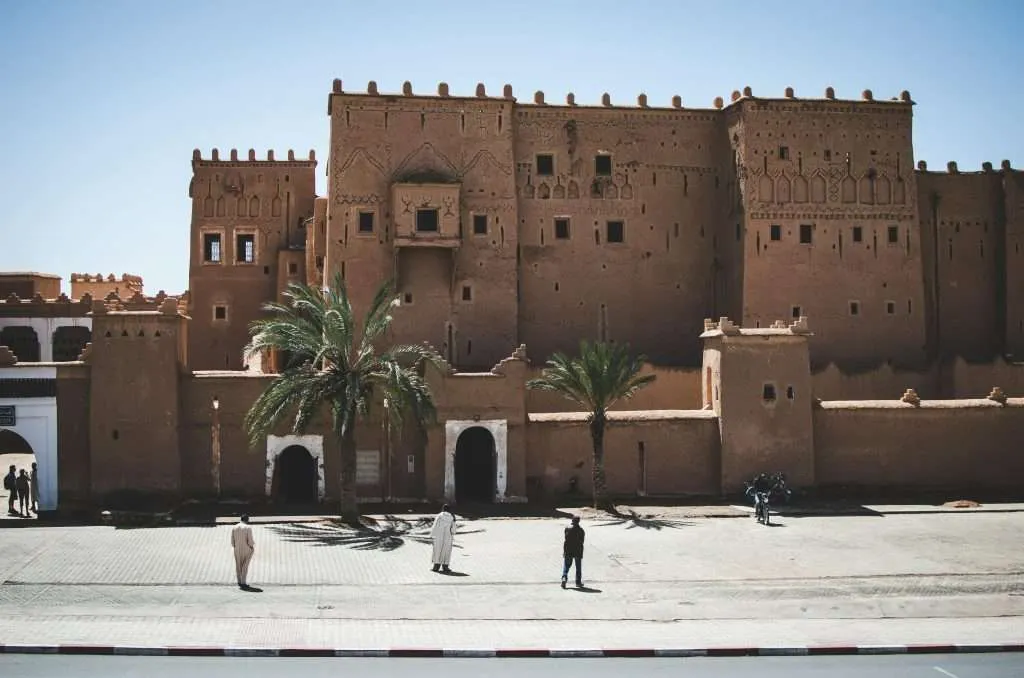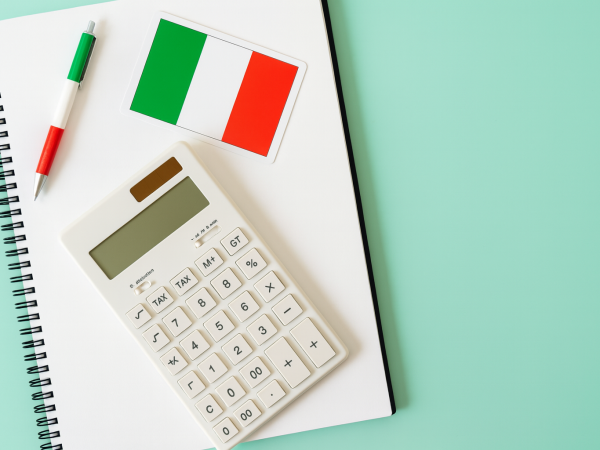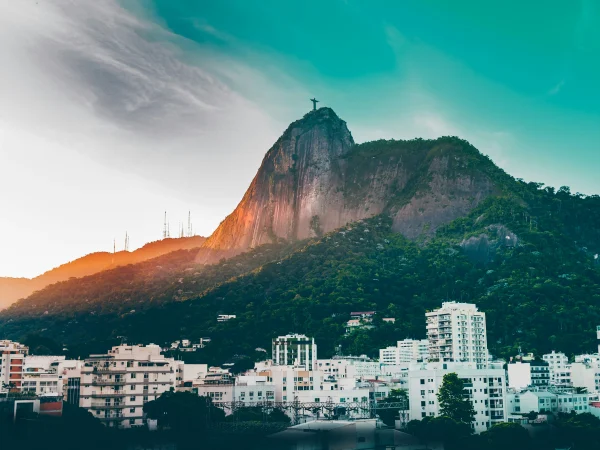Morocco is a popular destination for its rich cultural heritage, diverse landscapes, and pleasant climate. But beyond the charm, it’s important to understand the real cost of living in Morocco — especially if you’re planning to relocate or stay long-term.
This guide walks you through the key living expenses in Morocco, with updated estimates to help you build a realistic monthly budget.

1. Housing: The Most Significant Expense
Accommodation is often the largest part of monthly expenses. In major cities like Casablanca, Marrakech, or Rabat, renting a one-bedroom apartment in the city center typically costs between 3,000 and 5,000 MAD (€280 to €470). In suburban neighborhoods, prices are significantly lower — often between 1,500 and 3,000 MAD (€140 to €280), depending on location and amenities.
For those considering homeownership, property prices vary. In city centers, prices per square meter can reach 15,000 MAD (€1,400), while in surrounding areas, they may drop to 8,000 MAD (€750). Naturally, the cost of living in Casablanca or Rabat tends to be higher than in smaller cities like Agadir or Meknès.
2. Food and Grocery Costs in Morocco
One of the perks of living in Morocco is the affordability of local food. Shopping at traditional markets will help you keep food costs low.
Average Food Prices:
| Item | Price (MAD) | Price (€) |
|---|---|---|
| 1 kg tomatoes | 5 MAD | €0.50 |
| 1 kg apples | 10 MAD | €0.90 |
| 1 liter of milk | 7 MAD | €0.65 |
| Baguette of bread | 2 MAD | €0.20 |
Eating out is generally inexpensive. A meal in a modest restaurant costs between 30 and 50 MAD (€2.80–4.70), while dinner for two in a mid-range restaurant may range from 200 to 400 MAD (€19–38).
3. Transportation: Efficient and Affordable
Morocco has an extensive and affordable transport system that contributes to a manageable cost of living per month.
Public transport:
- Bus or tram ticket: 5 MAD (€0.50)
- Monthly pass: from 150 MAD (€14)
Taxi fares:
- Petit taxi (city): starts at 7 MAD (€0.65)
- Grand taxi (intercity): price varies by distance
Fuel prices:
- Gasoline: 12 MAD/liter (€1.10)
- Diesel: 10 MAD/liter (€0.90)
4. Healthcare and Insurance
Morocco’s healthcare system is split between public and private providers.
Public healthcare is extremely affordable, but waiting times and quality can vary. For more reliable care, private clinics are the go-to option for both locals and expats.

Cost of a doctor visit: 150 to 300 MAD (€14 to €28)
To avoid surprise costs, it is recommended to have international health insurance, especially for long-term stays.
Private hospitals are generally located in large cities, with better infrastructure and bilingual staff. Some offer emergency services and specialist care. Pharmacies are widespread and medications are reasonably priced, though imported medicine can cost more.
5. Education for Expats
Public schools are free and mostly taught in Arabic. Private and international schools are more popular among expats.
Annual tuition fees: 30,000 to 100,000 MAD (€2,800 to €9,400)
In larger cities, international schools offer French, British or American curricula. Many require entrance exams and have limited spaces, so early enrollment is recommended. Additional fees for uniforms, activities or transport can add 10% to 20% to the total cost.
6. Utilities and Internet
Monthly bills for electricity, water, and gas for a mid-sized apartment typically range from 400 to 800 MAD (€38–75), depending on usage.
High-speed internet: around 300 MAD (€28) per month
Fiber-optic internet is increasingly available in urban centers, offering stable connections for remote work or streaming. Some providers offer bundle deals that include TV and landline services.
Utility costs may be lower in newer, energy-efficient buildings, and higher in older apartments without insulation. It’s important to consider these factors when choosing housing.
7. Leisure and Entertainment
Leisure activities in Morocco are accessible and budget-friendly.
- Cinema ticket: around 50 MAD (€4.70)
- Gym membership: 200 to 500 MAD/month (€19–47)
- Night out: 100 to 300 MAD (€9–28)
Additional leisure options include visiting hammams, attending local music or cultural festivals, or joining sports clubs. Most cities also have co-working spaces for freelancers and digital nomads.
Streaming services like Netflix or Spotify are available and cost roughly the same as in Europe, billed in local currency.
8. Average Salaries and Wages
It’s important to compare expenses with income. The minimum wage in Morocco (SMIG) is about 2,800 MAD (€260) per month. Salaries for office employees tend to range from 6,000 to 10,000 MAD (€560–940).
Salaries can vary widely between industries. Professionals in tech, engineering, or finance often earn significantly more, especially in international companies. Freelancers or remote workers paid in foreign currency may find Morocco particularly affordable.
Keep in mind that informal work is common, and salaries may not always include benefits such as health insurance or paid leave.

Smart Money Tip You Should Know
If you’re living in Morocco or moving there soon, you’re probably tired of losing money to unfair conversion fees, hidden charges, or slow international transfers.
Wise makes it incredibly easy to manage your money across currencies — fast, cheap, and with zero surprises.
Here’s why millions of expats, remote workers, and students swear by it:
- Real exchange rate — the same one you see on Google, no markup
- Multi-currency account to hold MAD, EUR, USD, and more
- International debit card accepted worldwide (yes, including Morocco)
- Fast transfers, often delivered in seconds
- Great for paying rent, bills, or receiving international income
- Transparent fees, always shown upfront — no nasty surprises
9. Currency and Exchange Rate
The official currency is the dirham (MAD). As of 2025, 1 euro equals approximately 10.6 MAD. ATMs and exchange offices are widely available, but watch out for foreign card fees.
Most urban shops and restaurants accept card payments, but cash is still widely used, especially in markets or small towns. Major currencies like euros, pounds, and dollars can be exchanged easily.
For travelers and expats who regularly convert or send money, a multi-currency account like Wise can be incredibly useful. It allows you to hold euros and dirhams, convert at the real exchange rate, and avoid high banking fees — all from your phone.
10. Budget Tips for Managing Living Expenses
To reduce the cost of living in Morocco, negotiation is common in markets and taxis. Use budgeting apps to track spending and favor local goods, which are both cheaper and high quality.
Consider shopping at weekly souks, where prices are more competitive than supermarkets. Avoid tourist zones when dining out, as prices are often inflated.
Setting a monthly spending goal and monitoring fixed vs. variable costs can help keep your budget under control. Building a small emergency fund is also advisable for medical needs or travel.
Final Thoughts
Your total cost of living in Morocco per month depends on the city, housing, and lifestyle. Major cities like Casablanca, Rabat, and Marrakech are more expensive, while smaller cities like Fès and Agadir offer more budget-friendly options.
With good planning and local habits, Morocco can offer a high quality of life at a reasonable cost.
FAQs
1. What is the monthly cost of living in Morocco for a single person?
For a moderate lifestyle in a city center, expect 7,000 to 12,000 MAD (€650 to €1,130). Outside urban areas, 5,000 MAD (€470) may be enough.
2. Is it possible to live in Morocco on a local salary?
Yes, depending on income and lifestyle. While the minimum wage is low, a salary of 6,000–10,000 MAD allows for basic comfort.
3. Is the cost of living in Casablanca higher than other cities?
Yes. Casablanca, Rabat, and Marrakech are more expensive. Cities like Fès or Meknès are more affordable.
4. How much does food cost in Morocco per month?
Local grocery shopping ranges from 1,000 to 1,500 MAD/month (€95–140). Regular dining out increases this cost.
5. What are the biggest hidden costs for expats in Morocco?
Private schools, international insurance, and imported goods are often underestimated but significant expenses.





